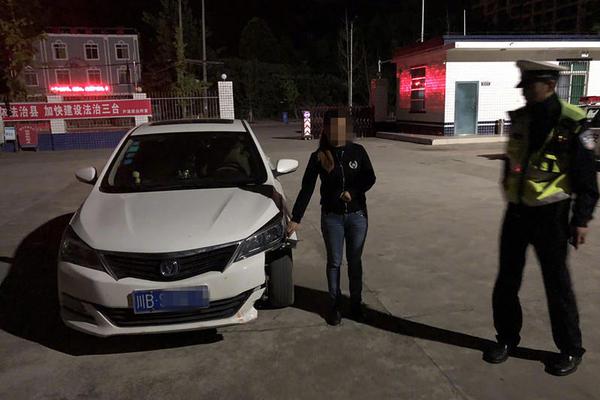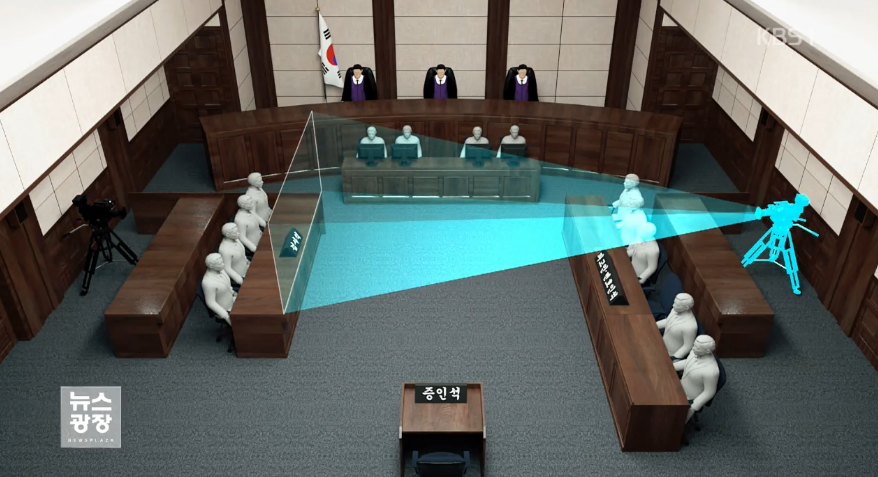Ever wondered how a VPNworks?Watch Carnal Cravings (2006) It can hide your IP address, encrypt your data from prying eyes, and let you bypass geo-restrictions so you can watch the latest Netflix shows. But how, exactly, does it accomplish these tasks?
Virtual private networks (VPNs) are a lot less complicated than they seem. Put simply, they create an encrypted tunnel between your device(s) and the internet, hiding your internet activity from anyone being a tad too nosy (e.g., your internet service provider (ISP), third-party trackers, or nasty hackers).
Internet data encryption in VPNs isn’t anything new. In fact, it can be trackedall the way back to the 1970s, when the U.S. Department of Defense got involved in protecting internet communication. Since then, VPNs have exploded in the digital space, with a whopping 1.6 billion reportedusers worldwide. Better yet, encrypting your internet traffic comes with many benefitsthese days.
Here’s a better look at how VPNs work — and what they can do for you.
SEE ALSO: Do you need a VPN on your phone? Here’s the truth.
VPNs create an encrypted tunnel encapsulating data packets, a.k.a. your internet traffic, and transmits them through a series of encrypted connections. Essentially, they act like a secret tunnel for your traffic. For a step-by-step play on a technical level (with a side of layman’s terms), here’s how they work:
VPNs use tunneling protocols — like PPTP, L2TP/IPSec, IKEv2, WireGuard, and OpenVPN— to establish an encrypted tunnel. These protocols define how data packets are encapsulated, encrypted, and transmitted securely.
Using encryption algorithms like AES-256, the VPN then scrambles data packets, making them indecipherable to anyone intercepting them during transmission.
The VPN client software installed on your device initiates the connection request. Then, the VPN server, operated by the VPN service provider, authenticates the user, establishes the tunnel, and routes the encrypted traffic. These servers also have their own dedicated IP addresses.
The VPN client encapsulates the original data packets with routing instructions. These data packets are then encrypted using an established key, making what is in the data packet unreadable. In other words, your internet activity.
The encrypted packets are transmitted over a network (e.g., the internet) through the established tunnel.
Upon reaching the VPN server, the packets are decrypted using a private key, and the original data is extracted.
When it reaches the VPN server, it then decrypts the data, removes the tunnel encapsulation, and routes the data packets to where they need to go on the internet.
There are many ways a VPN can be used in your daily internet activities, especially if you’re taking full advantage of all the tools the best VPNsprovide. When it comes down to it, there are three ways a VPN can give your internet browsing an upgrade.
Privacy: By hiding your IP address, VPNs keep your internet activities hidden from your ISP, government surveillance, or hackers on Wi-Fi networks, especially public ones.
Security: Using a variety of encryption methods, a VPN will protect your data from being seen or stolen.
Bypassing geo-restriction: If you’re trying to sneak past a blocked website or need to access a country specific streaming service, a VPN can connect to servers in different countries and keep your true IP address hidden, giving you the keys to unlock content virtually anywhere around the globe.
Hungry for more VPN coverage? Check out Why you should be using a VPN and why you should have one for your phone.
 Bitdefender Premium VPN $2.92 Per Month - 50% Off for 1 Year at Bitdefender
Bitdefender Premium VPN $2.92 Per Month - 50% Off for 1 Year at Bitdefender (Editor: {typename type="name"/})
 Best keyboard deals: Save on Asus gaming keyboards at Amazon
Best keyboard deals: Save on Asus gaming keyboards at Amazon
 'Star Trek Discovery' cast takes a knee with the NFL
'Star Trek Discovery' cast takes a knee with the NFL
 Why you'll definitely want a case for your iPhone X
Why you'll definitely want a case for your iPhone X
 Why you'll definitely want a case for your iPhone X
Why you'll definitely want a case for your iPhone X
 UGREEN Nexode 25000mAh 200W power bank drops to $79.99 at Amazon
UGREEN Nexode 25000mAh 200W power bank drops to $79.99 at Amazon
Wordle today: The answer and hints for April 14, 2025
 Can't get enough of Wordle? Try Mashable's free version now O
...[Details]
Can't get enough of Wordle? Try Mashable's free version now O
...[Details]
The internet had some fun with Darren Aronofsky on his 'mother!' Reddit AMA
 Well, we may never get the answers to our most burning (see what I did there?) mother!questions. On
...[Details]
Well, we may never get the answers to our most burning (see what I did there?) mother!questions. On
...[Details]
'American Vandal' star Tyler Alvarez explains Netflix hit
 Most actors dream of a big break as a romantic lead or action hero, but 19-year-old Tyler Alvarez ge
...[Details]
Most actors dream of a big break as a romantic lead or action hero, but 19-year-old Tyler Alvarez ge
...[Details]
An Xbox creator explained why the horrid 'Duke' controller is coming back
 Microsoft's widely maligned "Duke" controller is coming back, but it hasn't been clear why the Xbox
...[Details]
Microsoft's widely maligned "Duke" controller is coming back, but it hasn't been clear why the Xbox
...[Details]
How to cancel your Kindle Unlimited subscription
 Just bought a new Kindle? If so, you might have scored a sweet deal to get a month of Kindle Unlimit
...[Details]
Just bought a new Kindle? If so, you might have scored a sweet deal to get a month of Kindle Unlimit
...[Details]
Here's what's happening to your iPhone battery life in iOS 11
 Apple rolled out iOS 11 on Sept. 19, giving everyone with devices as old as 2013's iPhone 5S some fa
...[Details]
Apple rolled out iOS 11 on Sept. 19, giving everyone with devices as old as 2013's iPhone 5S some fa
...[Details]
iOS 11's 'emergency sos' feature is hugely important for women
 Women: if there's one iOS 11 hidden feature you need to know about, it's the new "Emergency SOS" fun
...[Details]
Women: if there's one iOS 11 hidden feature you need to know about, it's the new "Emergency SOS" fun
...[Details]
Volvo wants you to trade in your car just like your smartphones
 Volvo is hoping that drivers will be ready to upgrade their cars just like they do their phones: on
...[Details]
Volvo is hoping that drivers will be ready to upgrade their cars just like they do their phones: on
...[Details]
Amazon Spring Sale 2025: Best LG OLED TV deal
 LOWEST-EVER PRICE:As of March 27, the 65-inch LG G4 OLED TV is on sale at Amazon for $1,996.99 in th
...[Details]
LOWEST-EVER PRICE:As of March 27, the 65-inch LG G4 OLED TV is on sale at Amazon for $1,996.99 in th
...[Details]
Apple finally ditches Bing, embraces Google for Siri search
 The next time you ask Siri a question, Apple's AI will finally offer up search results to help you f
...[Details]
The next time you ask Siri a question, Apple's AI will finally offer up search results to help you f
...[Details]
Amazon requires sellers to use more efficient packaging, or pay up

Russia is probably messing with German elections, without much success

接受PR>=1、BR>=1,流量相当,内容相关类链接。